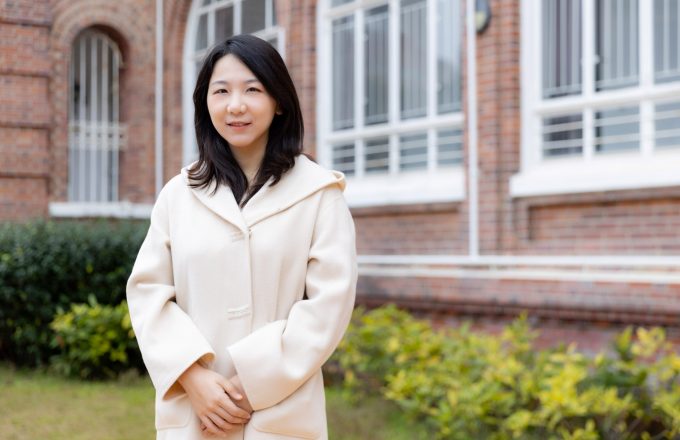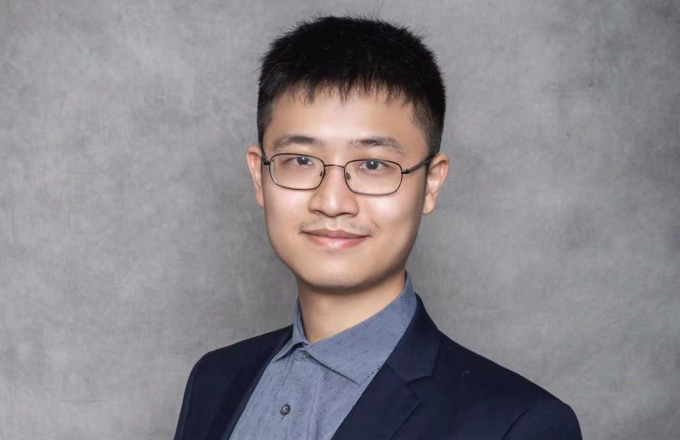Event recap – Visionary knowledge curated by honourable guests in the “Conference on The Future of Hong Kong Economy”
The Conference on The Future of Hong Kong Economy was successfully held on May 14, 2021. The Hong Kong economy is facing multifaceted challenges and the community is eager to restore the local economy against economic and political complications. The Conference is thus truly a sight to behold when a tripartite collaboration is made among scholars, business leaders in the private sector, and government officials, to address a broad range of critical issues related to economic development and government policies in Hong Kong.
Session Summary:
Keynote Speaker and Panel Discussion
Keynote Session by the Financial Secretary
Session 1
Session 2
Session 3
Session 4
Session 5
Keynote Speaker and Panel Discussion – Opportunities and Challenges for Hong Kong in the Post-Pandemic Era

(From right to left) Professor Hongbin Cai, Chair Professor of Economics, Dean of HKU Business School; Dr. Victor K. Fung, Group Chairman, Fung Group; Mrs. Laura M Cha, Chairman, HKEX; Professor Y.C. Richard Wong, SBS, JP, Director of the Hong Kong Institute of Economics and Business Strategy, Chair Professor of Economics, Provost and Deputy Vice-Chancellor, HKU; Professor Paul Romer, 2018 Nobel Laureate in Economic Sciences and University Professor in Economics at New York University
In his keynote speech, Professor Paul Romer outlined the power dynamic between market forces and government power and how it changes over time. Witnessing the damage brought by an unregulated financial sector in 2008 and market failures amidst the coronavirus pandemic, he believes that a strong government with a narrow focus on regulation is needed to achieve social justice and fight inequality. In the following panel discussion, all the panellists agree that a strong government is needed but its regulatory regimes should be designed carefully to prevent suffocating the market.
For the future of Hong Kong,
 | Mrs. Laura Cha believes that the financial market is and will continue to be an important pillar in Hong Kong, and Hong Kong will continue to be an indispensable part of the Chinese financial market.
|
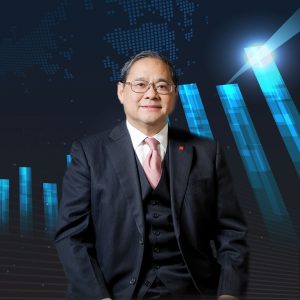 | Dr. Victor Fung adds that Hong Kong should deepen its integration with the Greater Bay Area (GBA) and foster connection with the ASEAN countries, so we can add value to goods and people that flow through us.
|
 | Professor Paul Romer points out that the opportunities for Hong Kong lie in a well-regulated and evolving financial sector that mediates both the flow of capital and ideas. Hong Kong has the capabilities to do so but the government needs to figure out the narrow areas, where they should be strong to empower the market. |
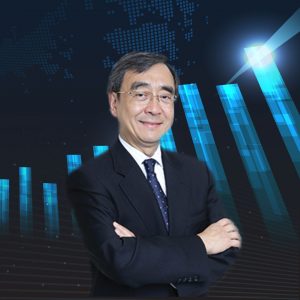 | Professor Y.C. Richard Wong believes that we need stronger and carefully constructed regulatory regimes on housing, education, and transfers, that are not easily captured by the powerful. |
Keynote Session by the Financial Secretary

Mr. Paul Chan Mo-po ascertains that the Hong Kong government will reinforce existing competitive advantages and create fresh advantages to steer our economy out of uncertainty. Mr. Chan states that the government will continue to pursue free trade and investment agreements with like-minded trading partners, especially those from the Regional Comprehensive Economic Partnership (RCEP). In the future, Mr. Chan urges the audience to think more about how should people in Hong Kong position themselves to play to their strengths in the country’s development, and which sub-sector in these areas will Hong Kong have the best potential to develop into a rewarding industry.
Session 1 – Restructuring of Hong Kong Economy

The panellists use their expertise to share how they think what Hong Kong should be in the future and they all agree that research and development (R&D) is the way to go. To reform the economy, approaches riding on Hong Kong’s comparative advantages, such as the third economic transformation, reindustrialisation, diversifying the industry pillars, developing innovation and technology, integrating Hong Kong’s economy, and expanding into the GBA market, have been brought into the discussion.
 | Ms. Tara Joseph considers Hong Kong’s connective infrastructures, excellent tax regimes, and its proximity with the mainland as what made it an attractive place for foreigners to work and live in. To enhance its attractiveness, she believes that it is vital for the government to make foreign investors feel welcomed and safe in Hong Kong. |
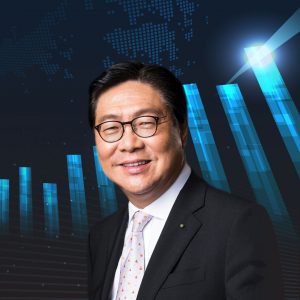 | Professor Frederick Ma Si-hang proposes to develop an institute of asset and wealth management to groom the human capital needed for expansion into the GBA market, and diversify industries beyond the 4 pillars in Hong Kong. |
 | Professor Heiwai Tang believes that for Hong Kong to remain relevant, it desperately needs a 3rd economic transformation, with an ecosystem that facilitates research and innovation. Research findings should be commercialised to benefit the development of the GBA and the world. |
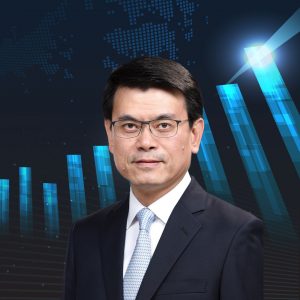 | Mr. Edward Yau Tang-wah reckons that straightjacketing Hong Kong to a narrow direction is detrimental to its growth. Instead of competing with cities like Singapore, Shanghai or Shenzhen, Hong Kong is providing the connection between them today and in the many years to come. |
Session 2 – Land and Housing Reforms
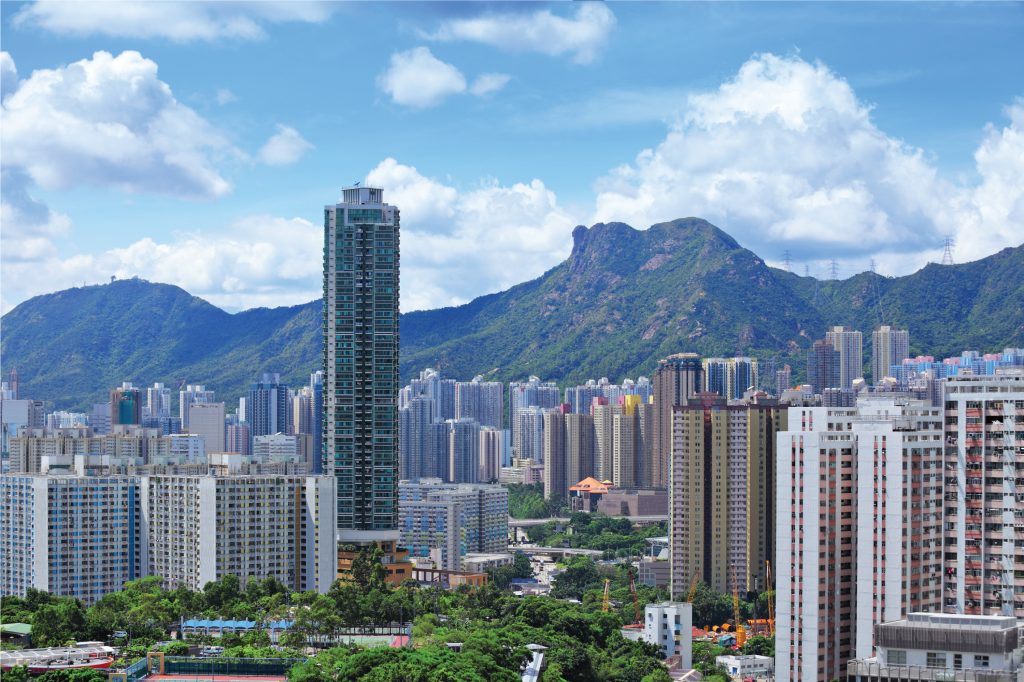
All panellists are on the same page that land use in Hong Kong is inefficient and there is an urgency to increase both short-term and long-term housing supply. Panellists have shared their thoughts on the root cause of land and housing issues, and proposed and debated over a range of possible solutions in fighting the housing problem of Hong Kong, including new town planning, tapping into the green belt, optimising infrastructure development, lifting restrictions on the selling and renting of public housing, and more.
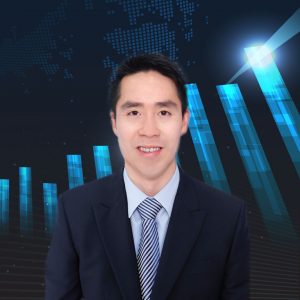 | Mr. Adam Kwok Kai-fai posits that the development of land use in Hong Kong is lagged behind for three decades. He urges the government to develop forthwith a large area to achieve economies of scales, and make use of the Land Resumption Ordinance to deal with barren land and scattered ownership, whilst private developers can focus on land development. |
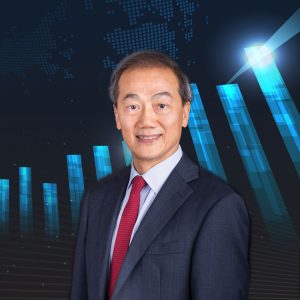 | Mr. Kwok-chuen Kwok observes that the long-term development plan in housing supply for the next 10 years is cast in stone. Therefore for any structural changes in land supply to be effective in 10 to 15 years, the government need to act as soon as today. |
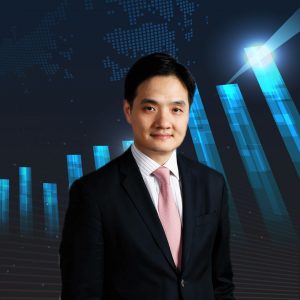 | Mr. Stephen Wong reflects that the government is slow in managing housing supply which its amount is also too few due to red tapes and bureaucracy. To speed up the supply, he suggests that the government should develop the green belt and improve its efficiency in administration simultaneously. |
 | Professor Y.C. Richard Wong is not optimistic about the future of the housing market as the government is bounded by its red tapes. He believes that Hong Kong desperately needs a strong government with a narrow focus on regulations, to reform the use of Home Ownership Scheme (HOS) housing and public housing, so as to quench the short term housing supply in Hong Kong. |
Session 3 – Government Reforms and Market Development
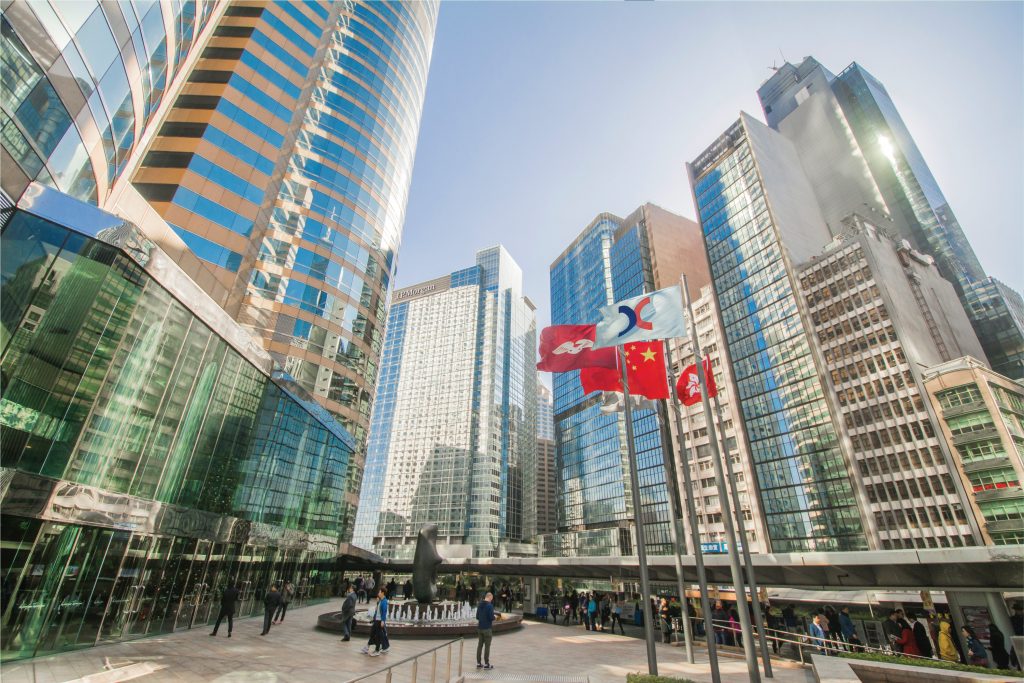
Panellists begin the discussion with an overview of the current market landscape in Hong Kong and its prospective development, and elaborate on what can be done to unleash competition, innovation and entrepreneurship. They argue the role of government in speeding up the development of fintech and e-commerce, and how to ensure equal opportunities to facilitate market competitions.
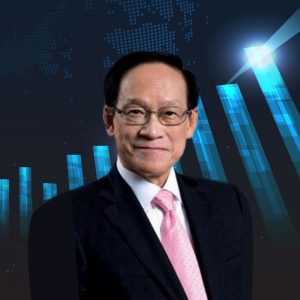 | Professor Edward K Y Chen states that positive non-intervention policy is not acting laissez-faire. The true meaning of positive non-intervention is to always intervene unless non-intervention produces positive results. He believes that the government should have an active role in economic activities. |
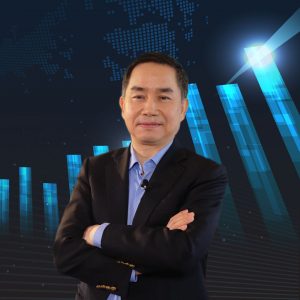 | Professor Zhiwu Chen believes that tough and stringent regulations will only kill the market. Whilst Hong Kong lacks the talent to push forward the transformation into a knowledge-based innovation economy, its comparative advantages are in the finance sector. He comments that Hong Kong should focus on developing fin-tech. |
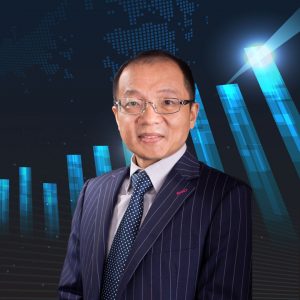 | Professor Yuk-fai Fong illustrates that in a rapidly changing world with a lot of disruptive technologies, comparative advantages can get obsoleted. It is therefore necessary for Hong Kong to take bold actions, keep innovating and moving forward before it is too late. |
 | Ms. Anna Wu Hung-yuk remarks that the authorities rarely assess laws and policies with the lens of competitiveness, especially those related to disruptive technology. She comments that competition assessment done rigorously can set the pace and the agenda for a culture of change, in support of Hong Kong’s future development. |
Session 4 – Ageing, Population and Poverty

The panel admits that the ageing population is an on-going trend in Hong Kong. In the next 20 years, there will be 2.5million people aged above 65, and 1 million of them will age above 80. The discussion focuses on challenges and impact brought upon by the ageing population and the panellists have shared their personal and professional experience in dealing with the challenges ahead, including debatable measures such as lifting the mandatory retirement policy.
 | Ms. Cecilia Ho ascertains that to effectively deliver aid to the needy, collaboration among different stakeholders including the private sector, the government, the academia, and other NGOs is necessary, so that the policy advocacy work will complement each other but not double-dip. |
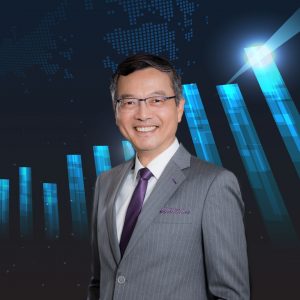 | Dr. Lam Ching-choi observes that the burden of the ageing population on our public health system demands a reform on the financial models of Hong Kong. He believes it is counter-intuitive to force people to retire at 65 and a review of laws may be needed to ban mandatory retirement in order to retrieve the labour force of people aged 65-85. |
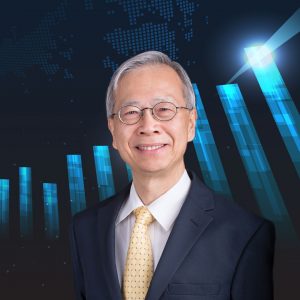 | Professor S. H. Paul Lau believes that Hong Kong is left with approximately 10 years to come up with a solution for its ageing population. He recommends that with the HKMC annuity, higher transparency and product diversity should be in place to provide better retirement protection to citizens. |
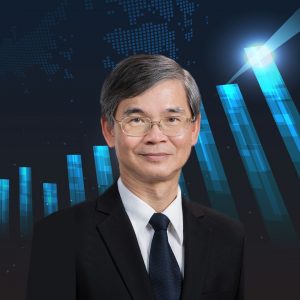 | Dr. Law Chi-kwong, believes that it is almost impossible to drop the income Gini coefficient of Hong Kong before government intervention, as inflation in the capital will only accelerate the disparity in wealth and income. He notes that to change this coefficient, the income distribution in Hong Kong should be changed, but not the redistribution. |
Session 5 – Education, Inequality and Social Mobility

There is no doubt that the society and business landscape in Hong Kong is changing fast and will continue to evolve. With the emergence of new technologies and innovations, the panellists discuss to explore the future education system in Hong Kong, on what schools should provide to students, in order to help them survive in an era where new knowledge and jobs ebb and flow in an instant.
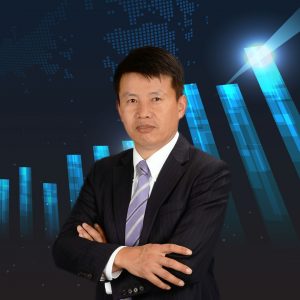 | Professor Hongbin Cai believes that increasing government spending on education and R&D is the key to help the young generation. To transformation the Hong Kong economy into a knowledge-based, innovation economy, he thinks it is critical to developing its comparative advantages on human capital cultivation. He urges the government to act more proactively, as education is the most important part of the future of the Hong Kong economy. |
 | Mr. Stark Chan acknowledges that his story is an example that the education system is not one-size-fits-all. He notes that academic results are no longer the most important factor in talent acquisition in the innovation and technology sector. He urges reform on the education system to catch up with the real world. |
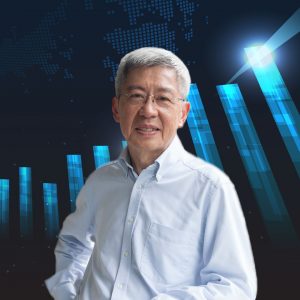 | Professor Kai-ming Cheng observes that student’s abilities and aspirations will change over time, the idea of “career-planning” is counter-intuitive. Instead, the education system should help students to get experience in the workplace and society, which could greatly enhance their personal growth and nurture talents in different fields. |
 | Ms. Ada Y K Wong believes that students will have to create jobs for themselves in the future, and therefore, preserving the curiosity of children, encouraging students to self-learn and bringing STEM and entrepreneurship into the education system is the way to go in helping students to explore their true potential. |
Through candid sharing by the greatest minds in the community, this concludes the Conference on the Future of Hong Kong Economy. This Conference marks the first of our Thought Leadership Conference Series. It will also become an annual economy policy exchange platform that aims to drive Hong Kong’s sustainable development. HKU Business School will continue to make great strides connecting academia with the local, regional and global business communities, to propel thought-provoking and impactful discussion in society.






